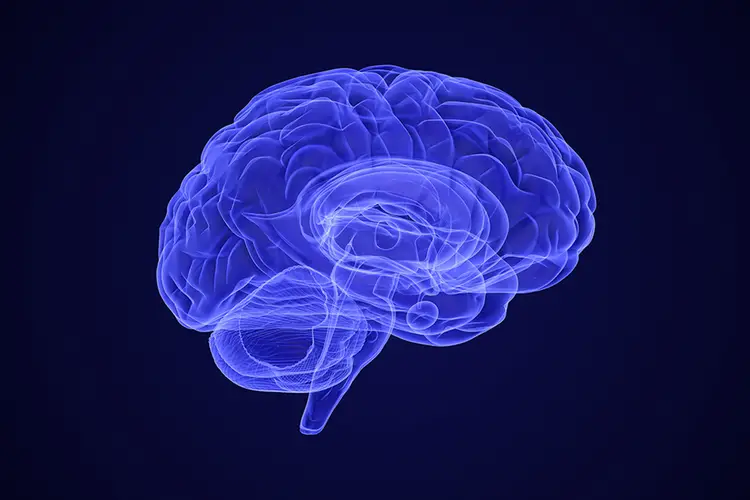
Networks of Concepts Demonstrate How Scientific Knowledge Grows
A new study on the philosophy of science sets standard of how science progresses
Media Inquiries
While there has been tremendous growth in scientific knowledge over the past 100 years, innovative activity appears to be slowing(opens in new window). In a new paper published in Nature Human Behaviour(opens in new window), researchers including Kara Kedrick(opens in new window), a post-doctoral fellow in Carnegie Mellon University’s Institute for Complex Social Dynamics(opens in new window), empirically apply philosophical theories to investigate how scientific knowledge grows and what may be contributing to the decline.
Using millions of scientific articles from the physical sciences (via American Physical Society) and social sciences (via Web of Science), the researchers — Kedrick, Ekaterina Levitskaya of The Coleridge Initiative and Russell J. Funk from the University of Minnesota — applied natural language processing to create co-occurrence networks of scientific concepts spanning five decades and more than 30 fields. They used these networks to detect core and periphery concepts. Core concepts tend to be more abstract and commonly used, establishing basic foundational knowledge in the sciences (e.g., vaccination). In contrast, periphery concepts don’t occur as frequently as core concepts, and when they do, they are more specific in nature (e.g., diastolic blood pressure).
“We can understand the growth of scientific knowledge by organization of concepts,” Kedrick said. “As fields develop, these core principles are becoming more stable. Over time, there’s less change in the core concepts, there are more peripheral ideas — and this is connected to a decrease in disruptive innovation.”
Previous research indicates that the decreasing rates of disruptive innovation could signal a significant change in the fundamental dynamics of science, as suggested in the Nature study previously conducted by Funk. This work provides a potential mechanism underlying this trend.
“We are hopeful that our study will draw attention to the significant connections between the conceptual structure of scientific knowledge and the production of innovative work, and potentially inspire future researchers to dig more deeply into this important relationship,” Funk said.
Their work links the decline in innovative activity to dynamic changes in the conceptual organization of scientific disciplines, specifically associating it with increasingly rigid core concepts. Their findings set a new standard for understanding scientific progress and for rigorously testing theories of scientific development.
The research was funded by the National Science Foundation.


